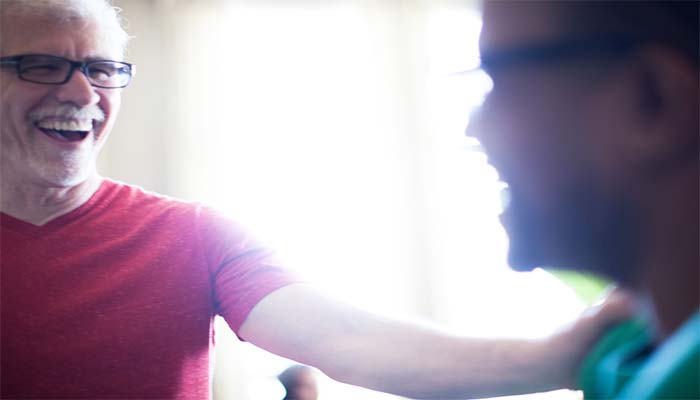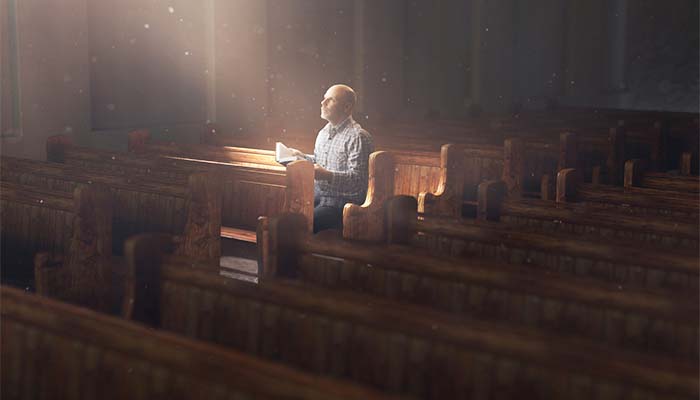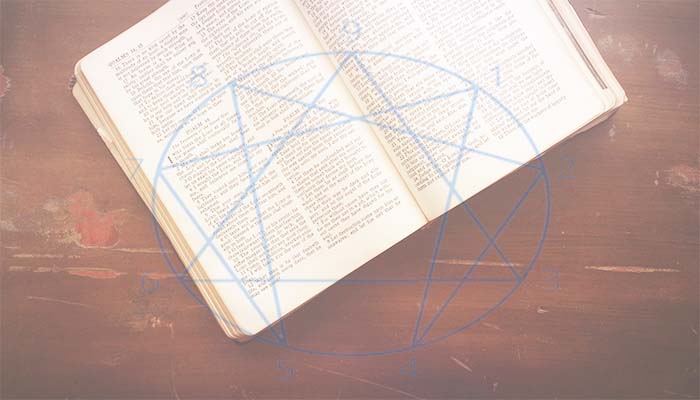I was at the ball diamond, a travel tournament for my oldest son, Noah. I had put in a full day’s work – 8 hours – and I was exhausted.
Noah’s team was winning 8-4 in the final inning. The game wasn’t close, in other words. Barring a miracle, his team would win. A friend of Noah’s, a kid on the opposing team, walked up to bat. This kid goes to school with Noah. I’ve served him lunch at my house. He’s a good kid. His parents are kind people. I should’ve been rooting for him to do well, to get a hit.
But I wasn’t. The first pitch zoomed past his bat. Strike one. Then another. Strike two. Then a third. Strike three. And just like that, he walked back to the dugout, head down. And here’s where you change your mind about whether you think I’m a good person (assuming you think I’m a good person right now) because as the catcher closed his mitt, sealing the kid’s failure, elation weld up in my heart. That’s right, I was excited.
Why? Because it made Noah look better. I thought this kid’s failure would make my 10-year-old son look like a better baseball player, thus increasing his chances of making the high school baseball team in five years, making the verdict official: I, Frank Powell, am a successful parent.
In that moment, something like a shock wave erupted over my body. It was myheart alerting me to my sin. I was rooting for another kid to fail. This was not okay. Right there in the grassy berm beside the third base dugout, I had a come-to-Jesus moment. You ever have a moment like that? Where you realize you messed up, full stop, and the magnitude of your sin overshadows your surroundings. The world blurs. It’s just you and God. It’s a spiritual aha. Or oh no.
I got up from my lawn chair, walked to the bathroom, and sat down in one of the stalls. I wanted to cry, to mourn my behavior. I was too tired for tears, though. The summer heat had vacuumed the moisture from my body. So, I sat down on that germ-infested toilet and prayed, asked God to forgive me, to heal this virus that infected my being.
SCARCITY IS THE OPPOSITE OF GOD
My virus has a name: scarcity.
Scarcity is a dangerous and toxic virus, one that, left unchecked, will drain the life from your bones. Scarcity is a deep-seated belief that there’s not enough in the world. Not enough what? Happiness. Success. Good families and marriages. You name it. Scarcity says someone else’s good fortunate is your misfortunate.
Scarcity also says you’re never enough. You’ve never skinny enough. Successful enough. You never make enough or do enough. Scarcity says the world is a scary place and if you don’t know someone, you shouldn’t trust them. You should build large walls and keep them out.
Scarcity keeps you small, locked inside a prison of your making.
And we live in a culture that drives us towards scarcity. Social media feeds on scarcity. The never-ending news cycle fuels scarcity. Politicians profit from scarcity.
What happens when you open Facebook or Instagram or your app of choice? You see a barrage of photos, images of little Sally’s latest award or little Tommy’s latest travel team trophy or the Waltons on another vacation, and what happens? You feel less than. Your child didn’t win an award. Your son or daughter’s team hasn’t won a tournament all year. And, somehow, it’s your fault. You’re not a good enough parent. You’re not smart enough or athletic enough, and now your children suffer.
Or worse yet, you have not the self-awareness to realize this is about you, not your child, so you project your flaws onto your children. Your son or daughter isn’t good enough, in other words. Lord, have mercy on the child who, as Carl Jung said, bears the burden of the unlived life of his parents.
And what happens when you watch the news? I scarcely watch or listen to news of any kind, on any platform. But I tried it this weekend, and after fifteen minutes, I wanted to sell all my possessions, build an underground bunker, and never see the sun again. Seriously, friends. I kid you not, these were the top three stories on the news, in this order.
The first was about monkeypox and how it was the the next COVID and how our country isn’t prepared for what’s coming. The second was about the excessive heat and how earth will not be around in 50 years if we don’t make changes. The third was about a rapist who was on the loose and how I should be alert. This man was (and I quote) “armed and very dangerous.”
Umm. Where’s the escape button? I want out. This ship’s sinking. And fast.
Scarcity is all around us. That’s the point I’m trying to make, and I hope I’ve made. But it’s not THE point.
THE point – I’m about to bring it home, watch this – is that scarcity reveals what we believe about God. And who is our God but a withholder, a stingy master, one who portions out his goodness because there’s not enough to go around. Do you believe this about God?
I do. I don’t want to, but my actions indict me. Guilty.
I know God is a God of abundance. His love and grace and mercy never end. I’ve read the gospels. I know God can take a little and multiply it. I know all this, and still, I stand behind home plate at my son’s baseball game and hope another 10-year-old fails.
Lord, have mercy on me. I’m a sinful man.
There’s hope for me, though. Yes there is. And for you as well. And for anyone who battles the sin of scarcity.
You can break free. You can do this by getting to work, meaning you look hard at yourself and your actions and your behaviors and you expose all of them to the Light and allow the Light to singe them from your heart and mind. This is hard work. It’s excruciating work. It’s humiliating work. But it’s life-changing work.
I’m sick and tired of seeing the world through the lens of scarcity. I want to see the world as God sees the world. I want to believe there’s enough room at the table for everyone. I want to accept everyone, cheer for everyone, champion the lives and careers of every single person I know. Don’t you want that? Aren’t you tired of frantically grabbing and withholding? Aren’t you tired of living with this nagging sense that you aren’t enough, that you must prove yourself to your family, to your co-workers, to your social media followers, to yourself, to your God?
I am. I’m sick of it.
THE ANTIDOTE TO SCARCITY
Scarcity can’t exist in God’s atmosphere. We need to return to the ways of God, to fix our eyes on the beauty and glory and goodness of God. We need to examine our actions, behaviors, motives in light of God.
So, where do we start? At home, of course. With the man or woman in the mirror. And here’s what you tell that man or woman: YOU ARE ENOUGH.
You see the antidote to scarcity isn’t abundance, which I believe is the opposite side of the same coin. The antidote is enough. Your life, right now, is enough.
Your kids or spouse is enough. They don’t need to become the world best student or athlete or whatever. They are enough just as they are.
You don’t need to prove a dang thing to any person. Who you are is enough.
You don’t need to withhold your time or energy or resources for some later time. Keep what you need. Give away the rest. Give it to your those you love or those less fortunate than you. God is enough, so you don’t need to hold things for yourself. God will give you everything you need, every single day.
If we begin to live this way, we will see our lives transformed. We will see our families and communities healed. We will see our fractured world come together.
I am enough. So are you. And, most importantly, so is the God we serve. May we go and live this way.
Grace and peace, friends.










